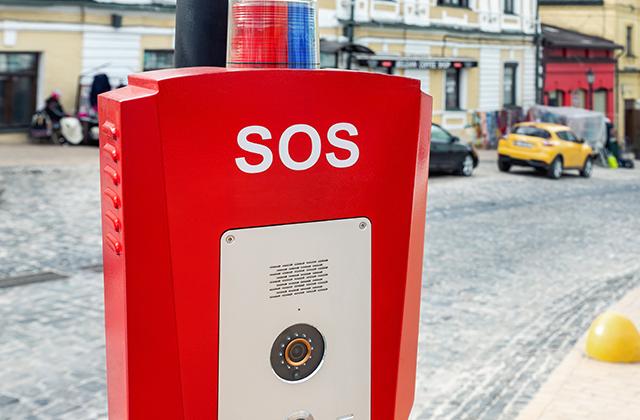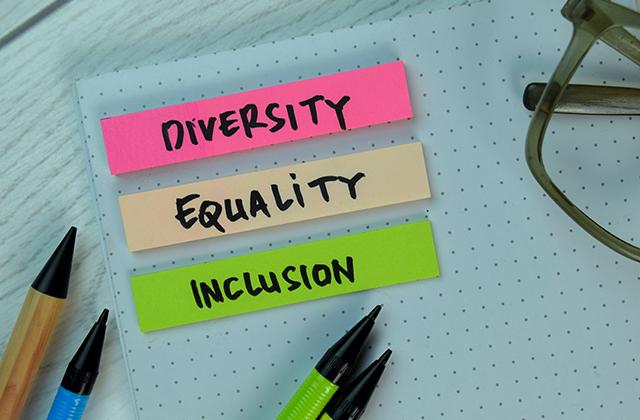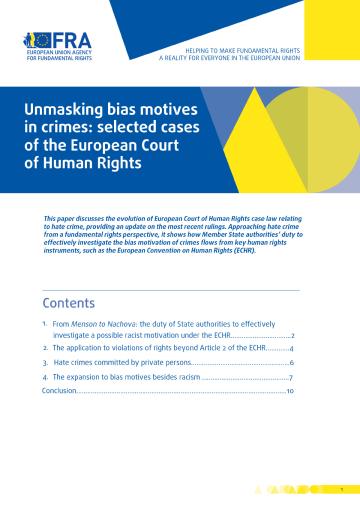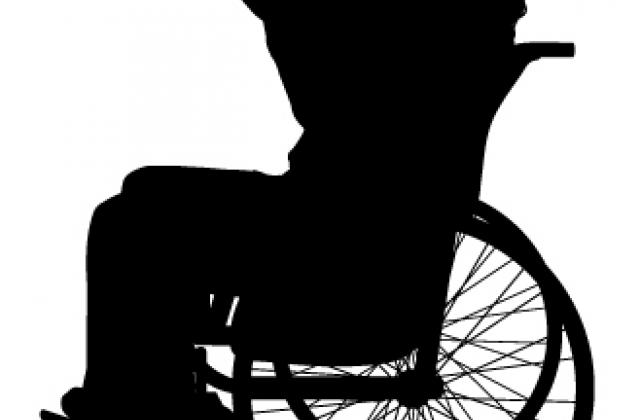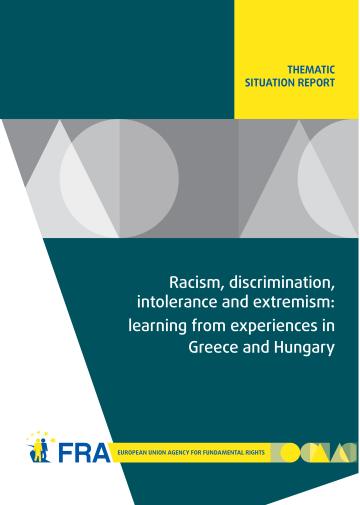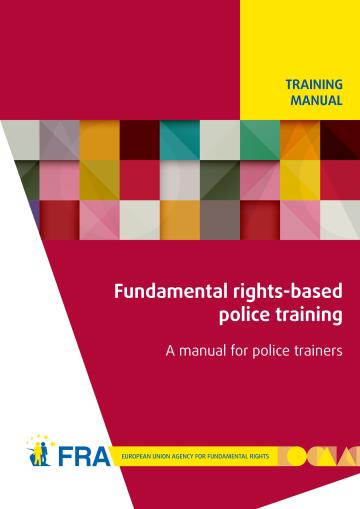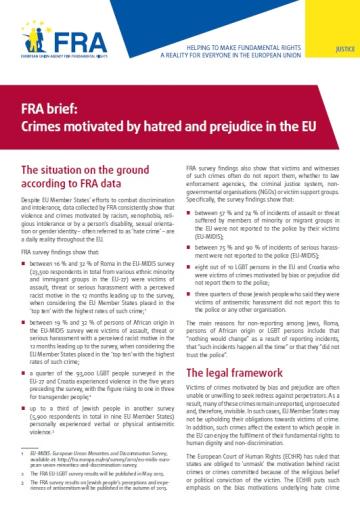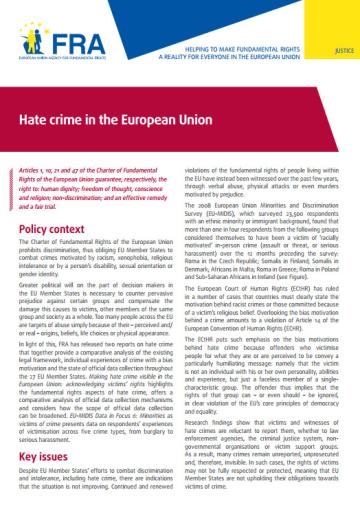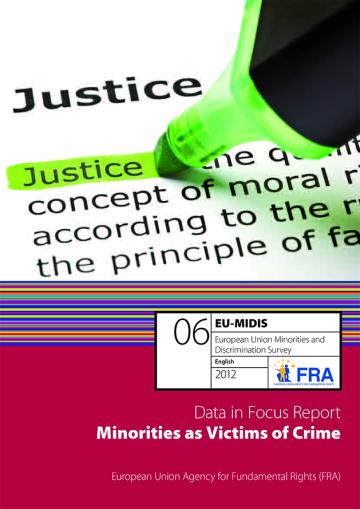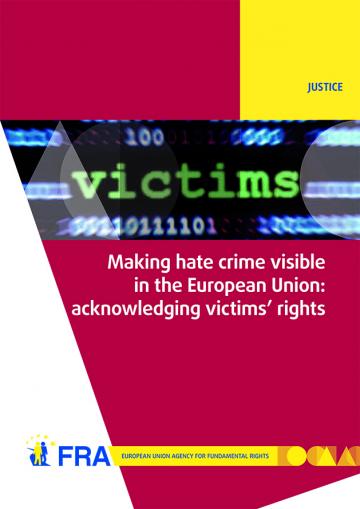
Making hate crime visible in the European Union: acknowledging victims' rights
Violence and crimes motivated by racism, xenophobia, religious intolerance or by a person’s disability, sexual orientation or gender identity – often referred to as ‘hate crime’ – are a daily reality throughout the European Union (EU), as data collected by the FRA consistently shows. Such crimes not only harm the victim, they are also generally prejudicial to fundamental rights, namely to human dignity and with respect to non-discrimination.
Victims and witnesses of hate crimes are reluctant to report them, whether to law enforcement agencies, the criminal justice system, non-governmental organisations or victim support groups. As a result, victims of crime are often unable or unwilling to seek redress against perpetrators, with many crimes remaining unreported, unprosecuted and, therefore, invisible. In such cases, the rights of victims of crime may not be fully respected or protected and EU Member States may not be upholding the obligations they have towards victims of crime.
The EU and its Member States can combat hate crime and address the related fundamental rights violations by making them both more visible and holding perpetrators accountable. This entails encouraging victims and witnesses to report crimes and incidents, while increasing their confidence in the ability of the criminal justice system to deal with this type of criminality decisively and effectively.


